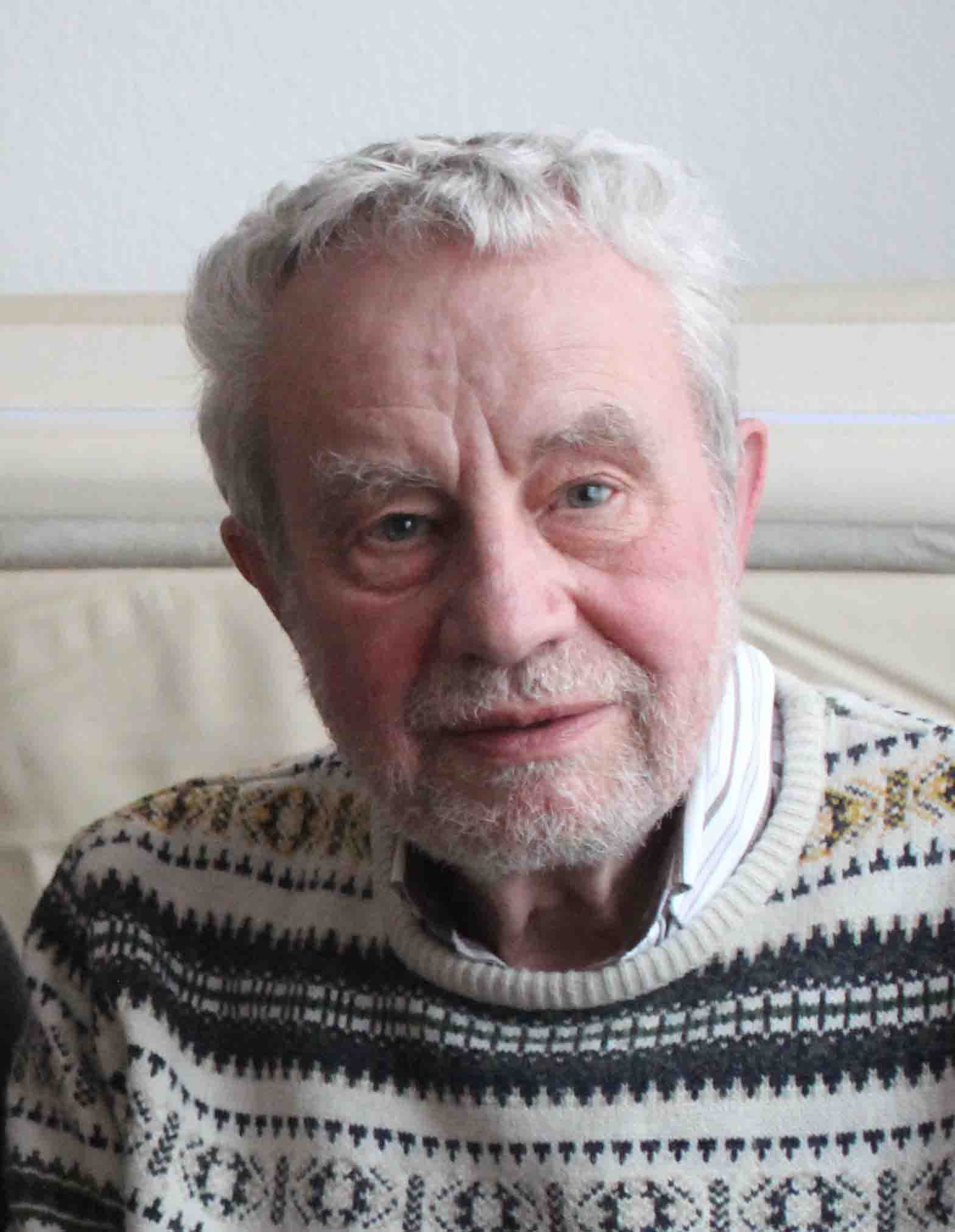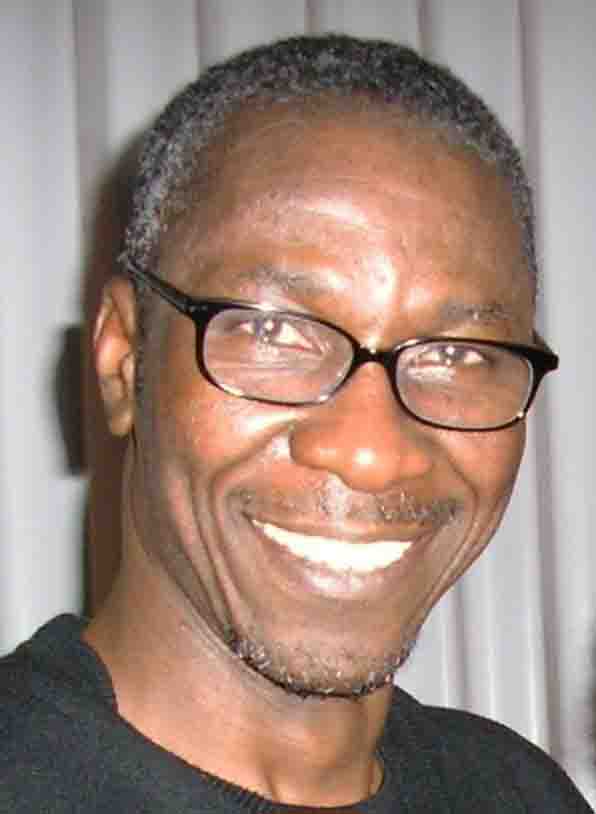  |
Franz Kröger and Ghanatta Ayaric
EDITORIAL
  |
After treating Bulsa history and traditional political institutions as “Main features” in Buluk 6 and 7, Buluk 8 focusses mainly on current issues in modern society. Since social media, especially Facebook, play an increasingly important role for the younger, educated generation, and as a very large proportion of the members live outside the two Bulsa Districts, we thought it appropriate, to investigate topics about migration, diaspora and communication. However, only selective issues have been treated and human destinies described here. The diagram on the cover of Buluk 8 should lead to the problems of these phenomena.
As human society is never homogeneous but stratified in classes of different sizes, the shape of a triangle or pyramid seems to be appropriate for representing the stratification of big numbers of people worldwide, within a state or a district. It may refer to social status, wealth, age and other attributes. Within a given society conditions may be relatively static allowing only movements in a vertical direction, i.e. members of a lower status can manage to climb up to a higher one, while others lose their high ranks through misfortune, disease or laziness. While the age pyramids of developing countries display a very broad basis, representing younger generations, and decline with growing age classes into the shape of a triangle, those of industrial societies tend to have only a mall basis with a large bulge in the groups of old people.
It is similar with the distribution of economic wealth. The overwhelming part of the population of industrial countries may be described as “rich”, especially when seen from a point of view of developing countries, while the small number of really poor people may resemble those of average wealth in poorer countries.
The tensions existing within one society and also between different societies of the world can be mitigated by migration: younger people emigrate to an over-aged society, poorer people to a richer one.
In the case of the Bulsa, the migratory process of the past took mainly place within the state of Ghana. Today it has a global character. However, this does not mean that contacts of the migrants to their friends and relatives in Buluk have become more difficult. On the contrary, mobile phones and similar devices have created better possibilities of communication between Buluk and other continents than it existed between Northern and Southern Ghana fifty years ago. This communication does not only refer to contacts of the migrants with their folks at home, but also to those with other migrants in various countries (including Ghana), where they exchange their experiences and discuss political, social and economic conditions in Ghana and Buluk.
Forming diaspora groups, usually on the internet, by people with a common language, national or cultural identity is a necessary consequence of migration.
...
Apart from problems of migration, diaspora and communication, a second focus for Buluk 8 developed only during our work. In the BMY-Facebook group it was proposed repeatedly to members to produce a ranking list of outstanding Bulsa personalities (some commentators even used the word heroes). A project of that nature seems quite questionable, and especially so when the criteria for such a focus are not clear and a complete list of all educated Bulsa with their achievements is not available at the moment. These discussions stimulated us, on the one hand, to publish the careers and life stories of some meritorious Bulsa in our magazine without inferring any ranking. On the other hand, we began to consider the compilation of a database comprising all Bulsa who have been, in some way, successful in their careers as academics, public servants and businessmen and women, and who have the potential of contributing actively to the general development of Bulsaland and its people. However, these our efforts are still in their infancy, and progress can perhaps only be presented in Buluk 9.
No decision has yet been made about the main feature of Buluk 9, but a few considerations have been made in terms of contents. Ghanatta Ayaric will discuss the development of the educated Bulsa generations since the introduction of formal education, while Franz Kröger would like to analyse Bulsa funerals further including the traditional view of death and life after death. In this way he will continue Evans Atuick’s excellent article about Bulsa funerals in Buluk 7. Bonn University doctoral candidate Kaderi Noagah will also discuss the challenges, content and current relevance of the Bulsa chieftaincy electoral process. But we expect more suggestions from our Bulsa readership.
It is our sincere wish not only to increase the number of our readers, but also the number of authors, in line with our principle aim that Buluk was created by Bulsa of various origin and status for all Bulsa. In this connection, we are striving hard to further improve the quality of our contributions, the diversity of the articles and their authors.
Also, we would be glad to have the possibility of printing the bulk of the hard copies of the journal in Ghana as that is probably cheaper and would allow for a wider circulation. As a non-commercial journal, the printed copies are financed solely by the editors. Our financial resources do not permit us to print enough hard copies for every interested reader in Ghana who wishes to have a personal copy. This limits the number of printed copies we are able to finance. Interested readers can only receive personal copies if they are ready to bear the printing cost, otherwise they will have to read the journal online, but this is often made difficult by the slow internet connection there. An increase in the circulation of the journal in Ghana is our wish, and we hope to find more convenient ways of achieving this very soon.
Last but not least, we appreciate critical reviews of the journal as this allows for better quality evaluation of its contents and style in general. Praise for good work done flatters us immensely but that alone can blind us to the shortcomings of our work. We wish you pleasant and critical reading.